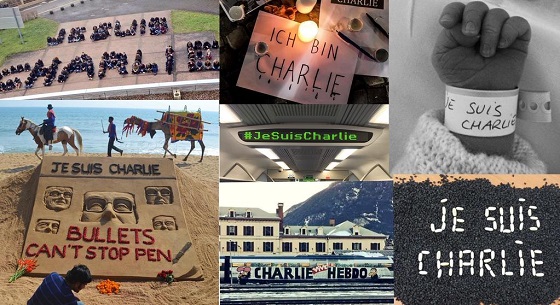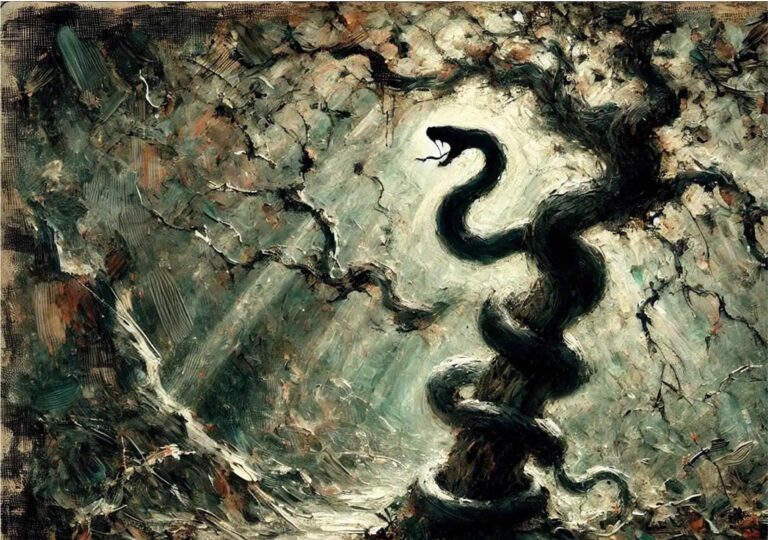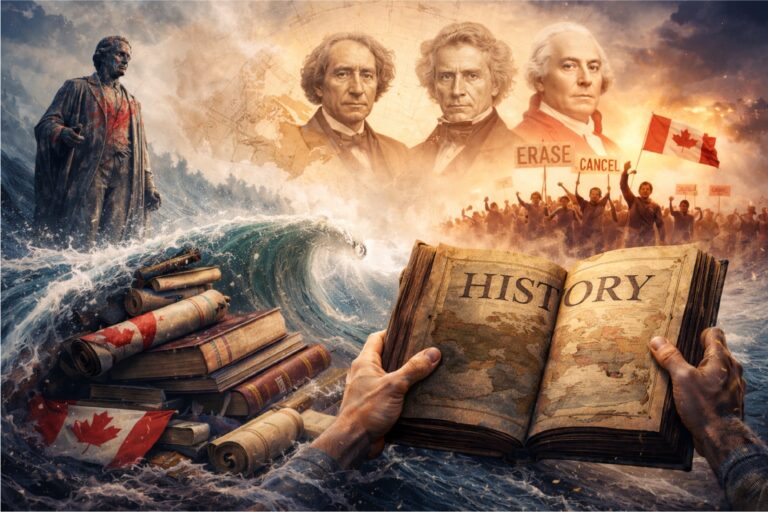Did you “#jesuischarlie”? Maybe you even secured one of the seven million copies of the commemorative edition of Charlie Hebdo. For many, the hashtag was a demonstration of their commitment to freedom of expression. Others used it to express anger that satire, no matter how willfully offensive, could generate such a murderous response.
Dozens of world leaders marched arm-in-arm on the streets of Paris, the presidents of Israel and the Palestinian Authority among them. At home, untold thousands joined them by hashtagging jesuischarlie. For a moment, at least, it seemed the whole world was rallying behind free speech, tolerance and peace.
Alas, just days after #jesuischarlie headlines had dominated mainstream and social media, the Chief Justice of British Columbia ruled that universities are private precincts where the administration can determine which opinions will be permitted on campus. According to the judge, university administrations are not subject to freedom of expression protections contained in the Canadian Charter of Rights and Freedoms. He also declined to offer the free speech protections of the Common Law. If left unchallenged, the ruling allows the University of Victoria to silence the campus pro-life club, whose members had sparked the legal action merely by asking the question, “Should abortion remain unrestricted in Canada?”
The spirit of #jesuischarlie is equally absent from the Canadian legal establishment’s treatment of law graduates from B.C.’s Trinity Western University. Trinity Western, you may recall, is the Christian school that has run afoul of professional associations for refusing to sanction same-sex marriage. This had left its education graduates ineligible for accreditation by the teaching profession in B.C. until the Supreme Court of Canada pronounced, in a 2001 decision, that professional associations can’t discriminate against graduates on the basis of their religious education or beliefs. As long as they meet the educational requirements of the profession, they must be accepted by the association.
The Supreme Court of Canada visited the issue of same-sex marriage in a 2004 constitutional reference case and concluded that there are and will be different opinions on the issue that must be respected. Furthermore, the Court said religiously informed opinion is protected under our Constitution. And Parliament echoed the Court’s language on diversity of positions being constitutionally and legally protected when it changed the definition of marriage to “two persons” in 2005.
None of that has spared Trinity Western from further attacks on its religious freedom, this time aimed at its law school. Last year lawyers in B.C., via referendum, and law societies in B.C., Ontario and Nova Scotia, voted to deny TWU law grads the opportunity to practice in their provinces. Again, the issue was the university’s stand on same-sex marriage. The Law Society of New Brunswick narrowly voted against the same prohibition two days after the Charlie Hebdo massacre in Paris. But Trinity Western will still be in court this year fighting the other challenges to its religious freedom.
However it turns out, the secular tide is running hard against religion across the western world. This is hardly new, although the violent Islamist expression of religious belief has given it new impetus. France has long prohibited religious input into public policy development. Quebec is wrestling ominously with issues of accommodating religion in public life. So is the rest of Canada, as Trinity Western’s travails demonstrate. But the Supreme Court has set some important ground rules for the debate. Its 2004 Chamberlain decision held that religiously informed opinion is not to be disqualified from public debates that inform and shape public policy. In 2011, in Whatcott, the Court noted that sacred texts and the opinions based on them are welcome to the debates in the public square, with the same limit drawn for them as for other free speech. If the expression is defamatory or promotes hatred and violence against an identifiable group then it might be criminal hate speech instead of free speech; but those are the exceptions, not the rule. There is no right not to be offended.
To impose unwarranted restrictions on public debate about abortion, or same-sex marriage, or the accommodation of religious beliefs in public policy is to ignore Canada’s constitution, federal and provincial human rights laws, and decades of decisions from the nation’s highest court. To advocate for such restrictions, while hashtagging for Charlie, reveals gross hypocrisy and ignorance or disrespect for the law and the elemental principles of freedom.
I do not support engaging in intentionally provocative and hurtful offense directed at others. But I am a committed defender of freedom of expression, whether it’s attacked with Kalashnikovs or legal sanctions. #jesuisCanadien.
~
Don Hutchinson is an Ottawa lawyer.






